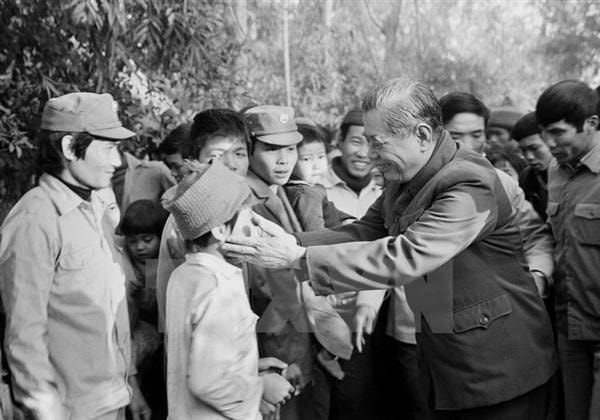
General Secretary associated with the innovation process
Comrade Nguyen Van Linh (July 1, 1915 - April 27, 1998) was the first General Secretary of the difficult and challenging renovation period. His name is associated with the 6th National Congress of the Party (hereinafter referred to as the 6th Congress) which took place from December 15 to 18, 1986.
On the basis of "Looking straight at the truth, correctly assessing the truth, and clearly stating the truth", the 6th Congress set out the policy of innovation in: Economic structure; economic management mechanism; synchronous and effective implementation of social policies; innovation of foreign policy, expansion and improvement of foreign economic efficiency; innovation of the Party's leadership content and style, and enhancement of the Party's fighting strength and practical organizational capacity.
Comrade Nguyen Van Linh was assigned the important responsibility of General Secretary of the Party by the 6th Party Congress. He, together with the Politburo and the Party Central Committee, led and organized the implementation of the 6th Congress's renovation policy. He emphasized: "We must look straight at the truth, we must see that our subjective shortcomings are serious and long-lasting. We must have the courage to strongly and thoroughly criticize ourselves in order to innovate. Otherwise, we will fall into a state of prolonged stagnation with real disasters."
The General Secretary and the Politburo made breakthroughs in the weakest links, which were "bottlenecks", and made decisions to stabilize the situation in all aspects of the country; implemented three major economic programs: Food, consumer goods and export goods; selected the distribution and circulation sector as the "breakthrough spearhead" in the mechanism transformation, creating momentum for the transformation to eliminate the situation of "blocking rivers and banning markets", creating motivation to develop social productivity. He focused on leading the innovation of economic management mechanisms, especially the innovation of agricultural economic management mechanisms, leading to the birth of Resolution 10 of the Politburo in 1988 (also known as Contract 10), strongly liberating the production capacity for the household economy of farmers and just in the following year, from a country with food shortages, having to import hundreds of thousands of tons of food every year, it proactively solved the domestic food demand and shortly after became the world's leading rice exporter.
Also during this period, the issue of purifying the Party and enhancing the fighting capacity of the Party organization and the State apparatus to meet new tasks was also vigorously implemented.
With a strategic vision, innovative, objective and scientific thinking, clearly pointing out the country's current situation, summarizing experiences from practical successes and failures, with a sense of responsibility for the people, courageously admitting mistakes and shortcomings, and with a high spirit of solidarity and unanimity, the 6th Congress completed its historic mission of finding a way out of the serious economic and social crisis that had lasted for more than a decade.
As General Secretary or Advisor to the Party Central Committee, he said: "Far-sighted vision, the ability to accurately grasp the current needs of life and scientifically predict future movements are the top qualities that the Party must have."
The legacies of General Secretary Nguyen Van Linh on innovation, especially economic thinking, and the lessons he left behind, especially on planning and organizing the implementation of the innovation policy, still retain their theoretical and practical value and are being applied, supplemented and creatively developed by our Party in the new historical period.
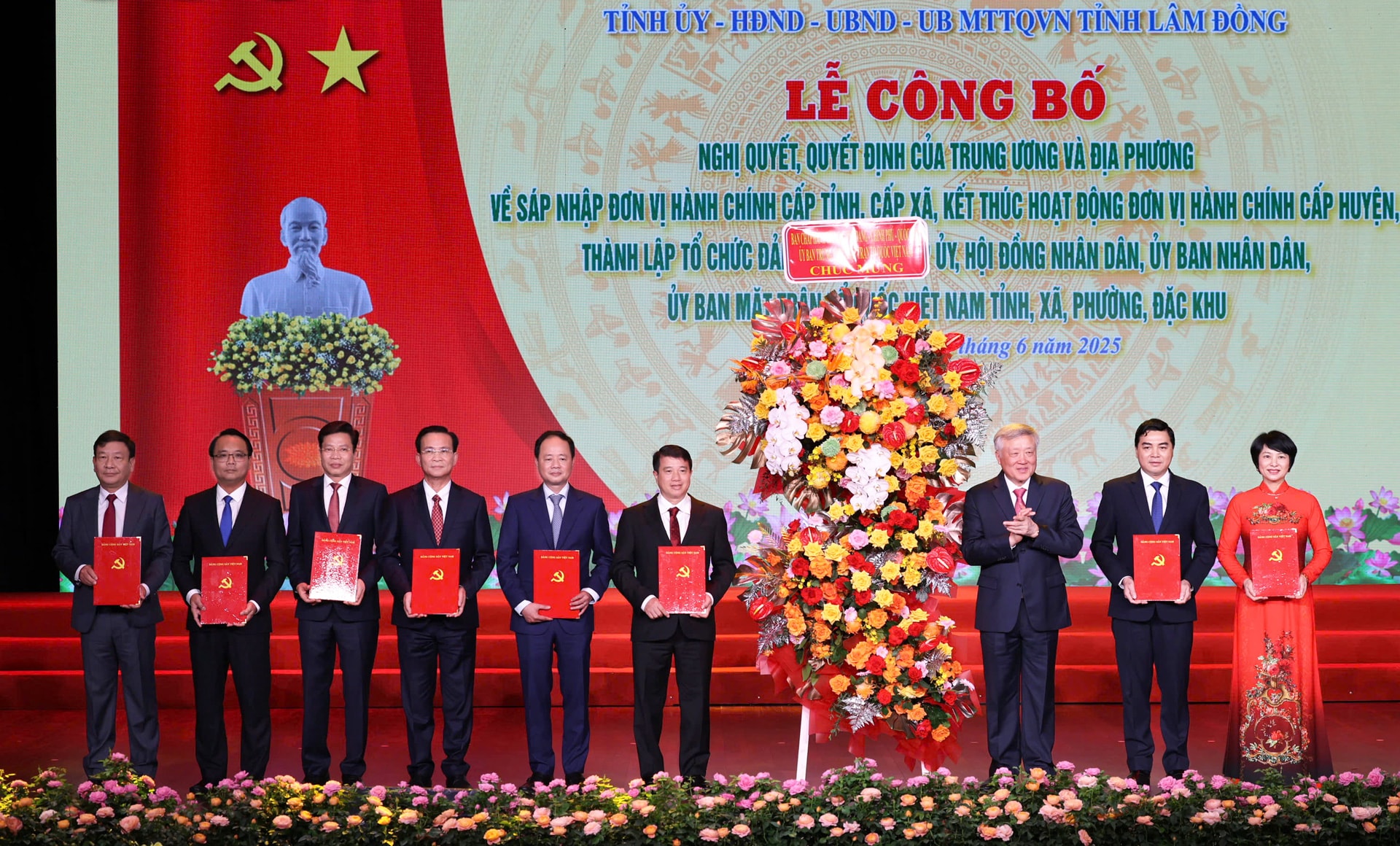
Innovation in a new historical period
From July 1, the whole country has officially operated a two-level local government model - provincial/municipal level and commune/ward level. This is an innovation, a profound institutional reform and unprecedented in the history of modern state governance in our country.
According to Dr. Nguyen Si Dung, former Deputy Head of the National Assembly Office, behind this historic decision is a strong reform vision, an aspiration to create a service-oriented administration, and a belief that institutional reform is a strategic lever to promote sustainable development.
The two-level local government will overcome the cumbersome, hierarchical, overlapping, and overlapping functions, tasks, and powers in the previous three-level government organization model, and at the same time be an important basis for promoting decentralization and delegation of power between the central and local governments and between local government levels, enhancing the autonomy and self-responsibility of government levels, especially at the commune level - the place close to the people, close to the people, and directly serving the people.
Currently, the number of provinces has been reduced from 63 to 34; the number of communes has been reduced from more than 10,300 to 3,321. Comrade Nguyen Hoa Binh, Politburo member, Permanent Deputy Prime Minister, commented: The arrangement, streamlining of the apparatus and merging of administrative units is not just a simple administrative activity but a strategic step, with great significance in terms of politics, organization and practice. This is an essential process to improve the effectiveness and efficiency of the political system and the State management system; at the same time, creating a new development space, making the best use of the potentials and advantages of the region; not only changing the administrative boundaries but more importantly, creating new conditions, motivations and mechanisms for faster, more sustainable development, serving the people better.
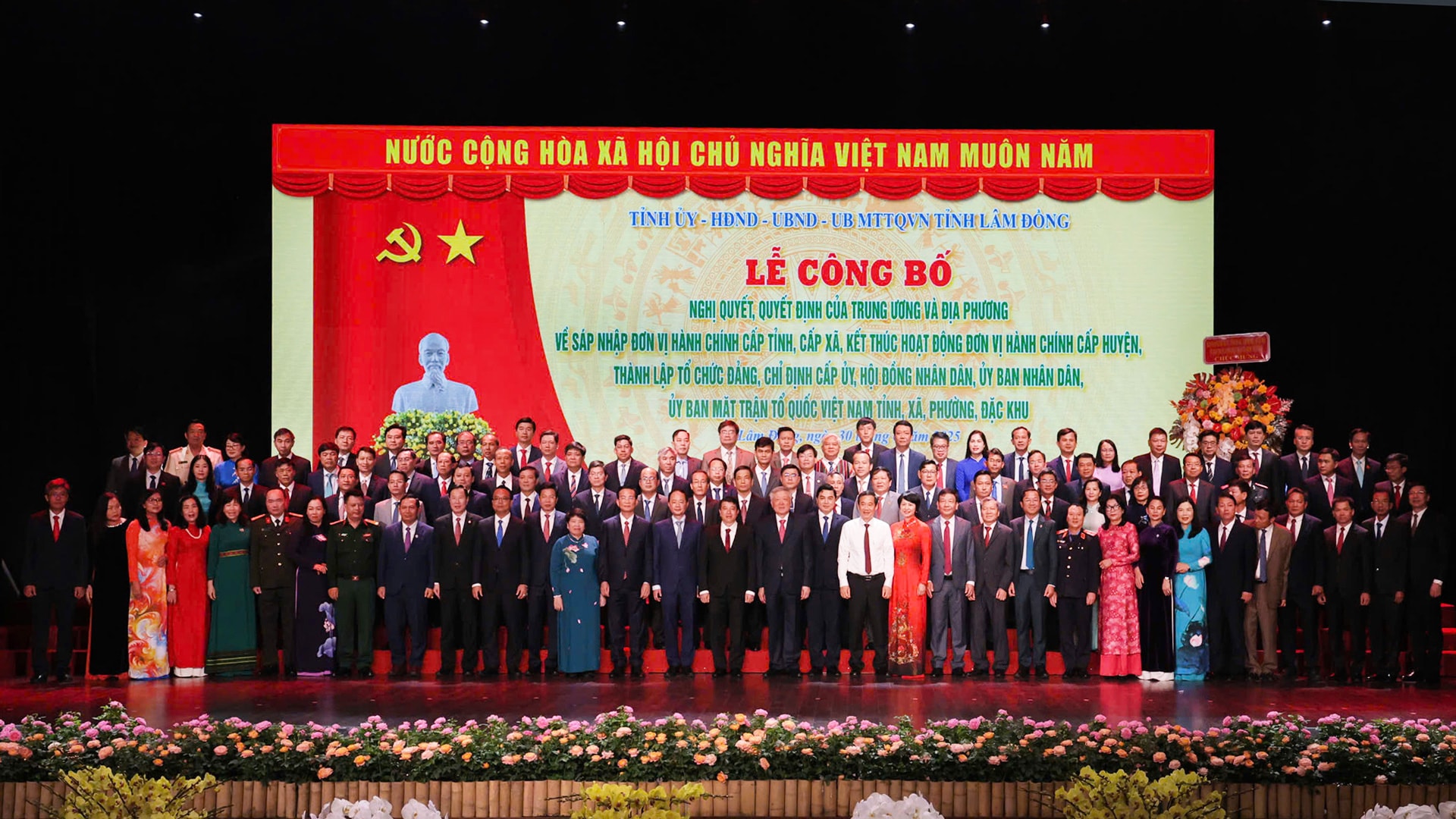
At the ceremony to announce the resolutions and decisions of the Central and local governments on the merger of provincial and commune-level administrative units; ending the operation of district-level administrative units; establishing Party organizations, appointing Party committees, People's Councils, People's Committees, and Vietnam Fatherland Front Committees at city, commune, ward, and special economic zones, taking place in Ho Chi Minh City on the morning of June 30, General Secretary To Lam affirmed: The decision to "rearrange the country" is a historic step of strategic significance, marking a new development stage in the cause of perfecting the State administrative apparatus, perfecting the institutions and organization of the synchronous, streamlined, effective, and efficient political system, towards perfecting a modern, constructive, people-friendly, people-oriented, people-serving administrative system, so that all benefits belong to the people.
Reorganizing administrative boundaries and operating a new local government model are objective and inevitable requirements for national development in the context of globalization, digital transformation and the fourth industrial revolution. This is a valuable opportunity to innovate leadership thinking, innovate State management methods, strongly apply science and technology, improve the quality of national governance and increase the effectiveness of serving the people. Accepting change and giving up habits that have been attached for many years is not easy. But at this time, the exemplary spirit for the collective and for the common good of comrades is demonstrated more than ever.
Facing great opportunities, the General Secretary called for: Let every working day be a day of creation. Let each person be a soldier on the innovation front. Let the revolutionary spirit attack strongly, resolutely and creatively, imbuing the national soul in every action, every decision and every step of development.
The new Lam Dong province was formed on the basis of merging the three provinces of Lam Dong, Binh Thuan, and Dak Nong, becoming the largest locality in the country with over 24,233 km², a population of nearly 4 million people, and a GRDP of over VND320,000 billion. Comrade Y Thanh Ha Nie Kdam, member of the Party Central Committee, Secretary of the Provincial Party Committee, Head of the National Assembly Delegation of Lam Dong province, affirmed: This is a historic opportunity for the three localities to join forces, maximize the potential and advantages of each region, creating a new, larger and stronger development space. Seize this historic opportunity, turn challenges into motivation, so that the new Lam Dong province can become the pride of the whole country.
Up to this point, Lam Dong province as well as the whole country, the team is well-organized, the ranks are neat, the whole nation marches together into a new era, reaching for the bright future of the country, for the happiness of the people, for a sustainable development of Vietnam.
Source: https://baolamdong.vn/ngay-1-7-nho-ve-tong-bi-thu-nguyen-van-linh-va-nghi-ve-cau-chuyen-doi-moi-290736.html



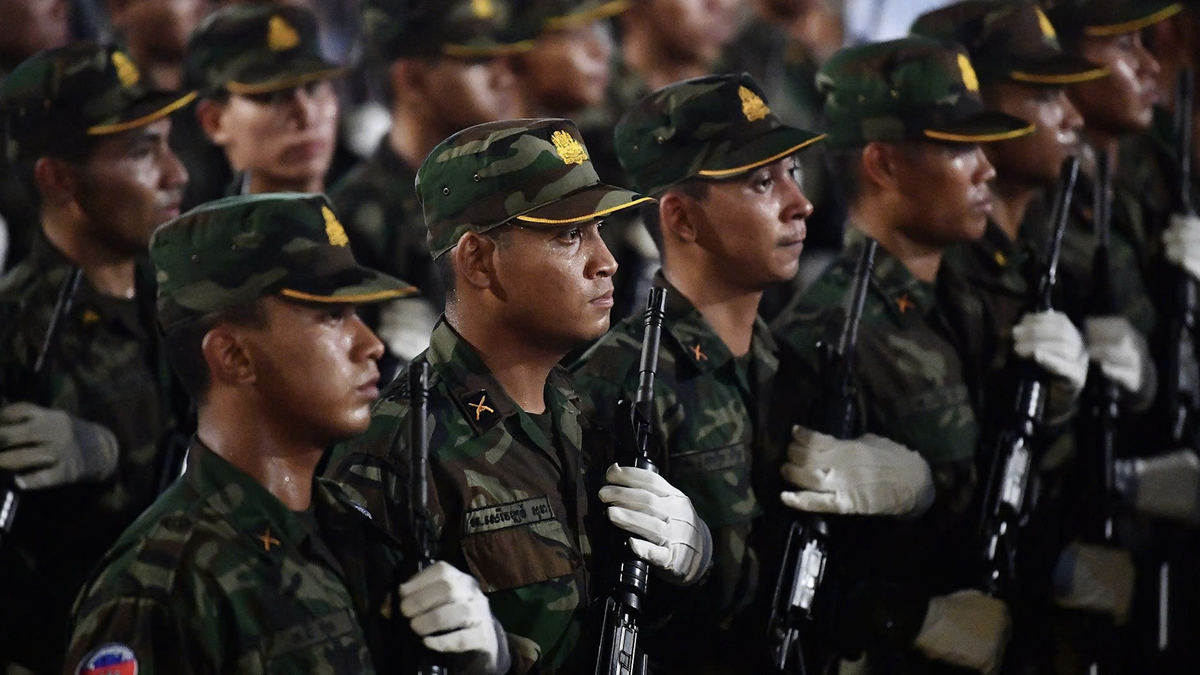

![[Photo] National Assembly Chairman Tran Thanh Man holds talks with New Zealand Parliament Chairman](https://vphoto.vietnam.vn/thumb/1200x675/vietnam/resource/IMAGE/2025/8/28/c90fcbe09a1d4a028b7623ae366b741d)
![[Photo] General Secretary To Lam attends the opening ceremony of the National Achievements Exhibition](https://vphoto.vietnam.vn/thumb/1200x675/vietnam/resource/IMAGE/2025/8/28/d371751d37634474bb3d91c6f701be7f)
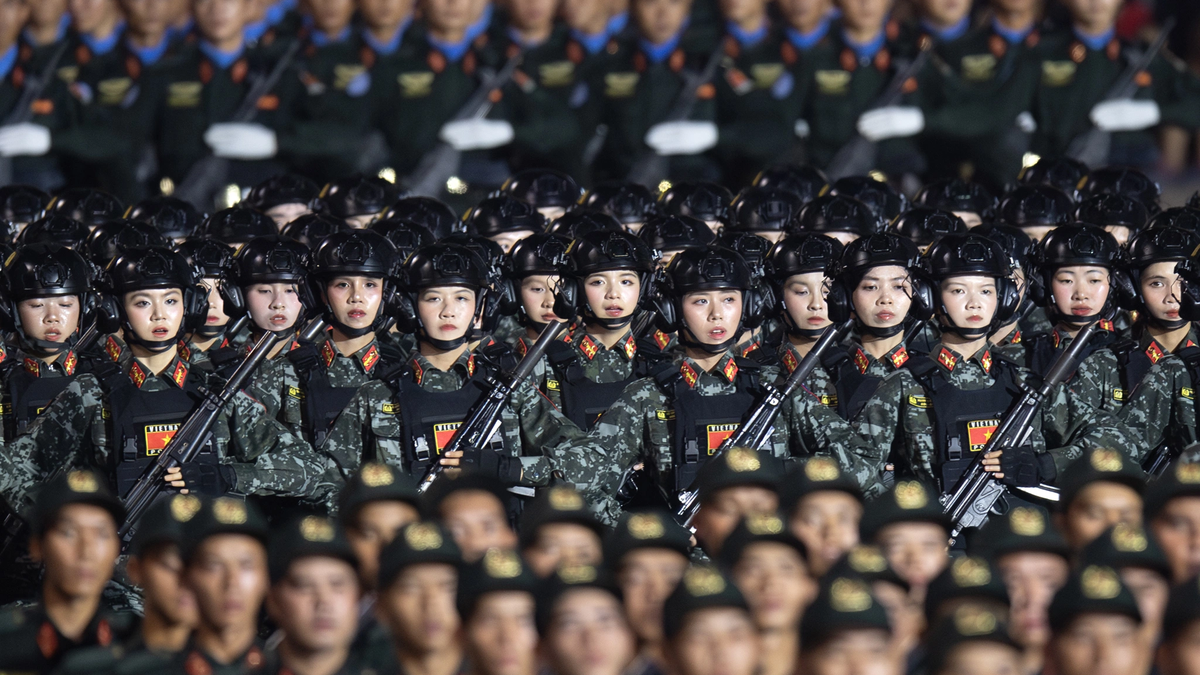



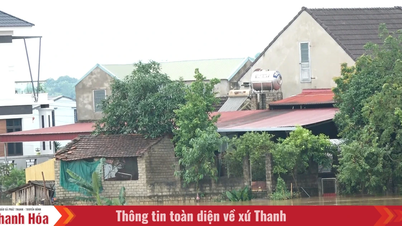





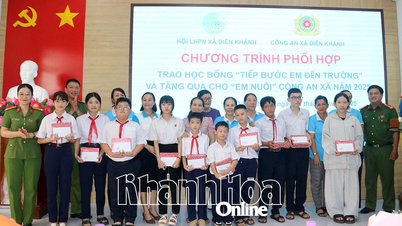

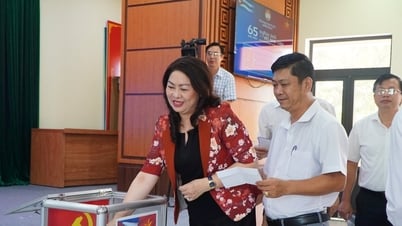

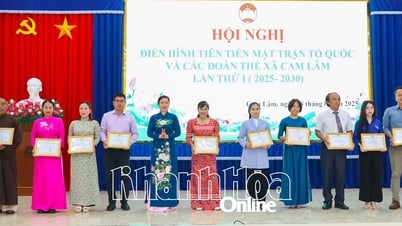
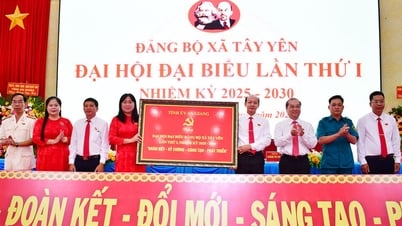

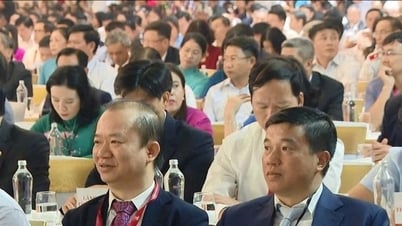
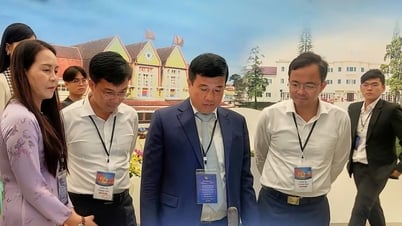




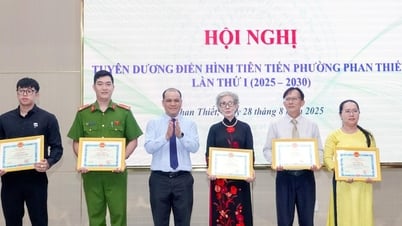

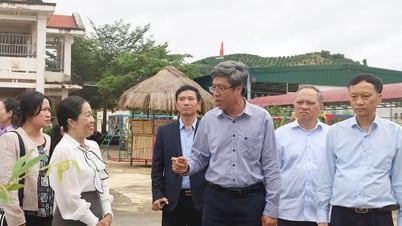

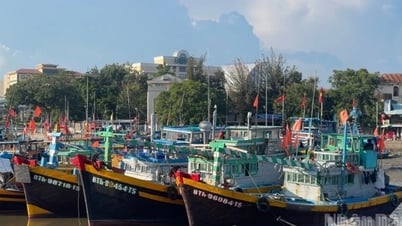

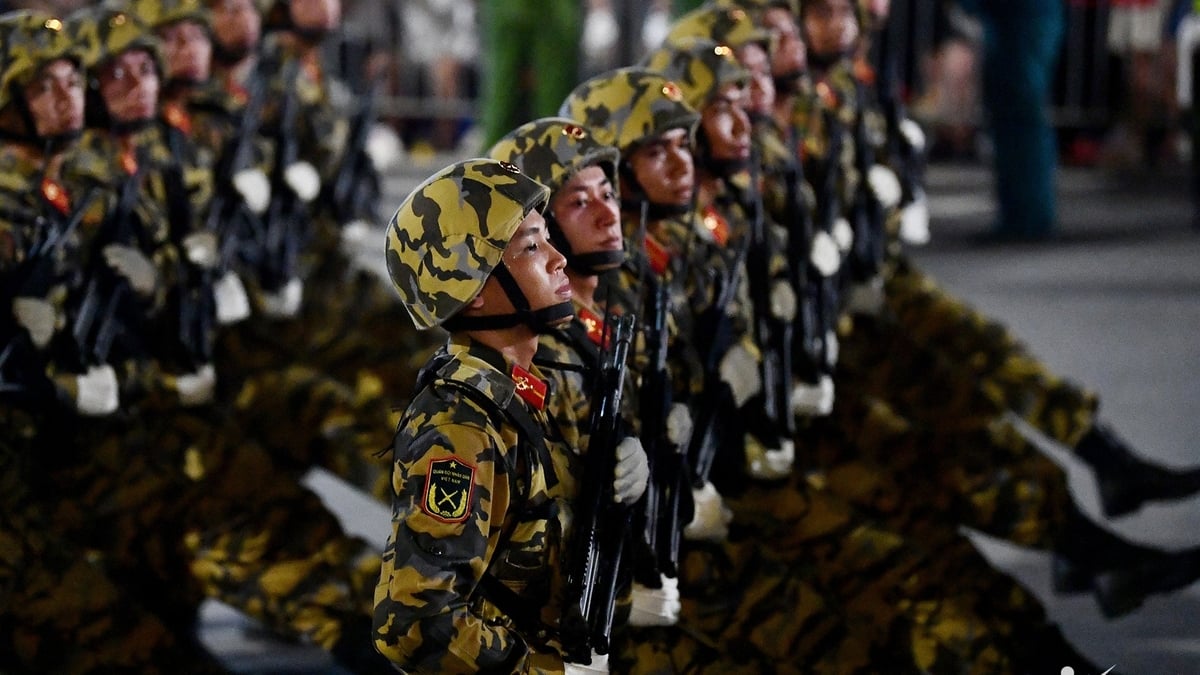
























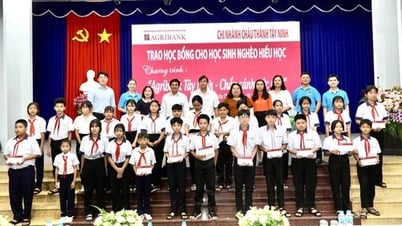



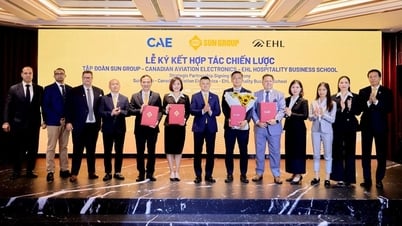











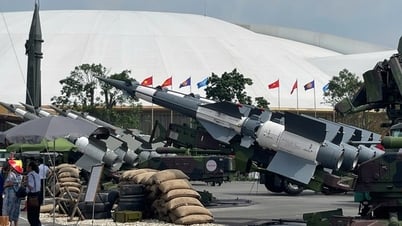

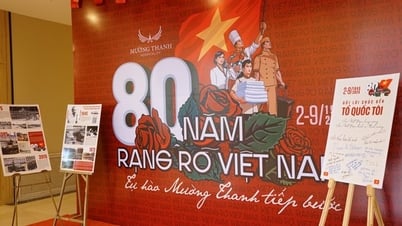
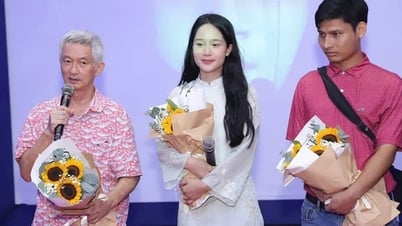

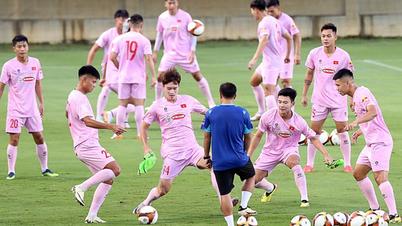

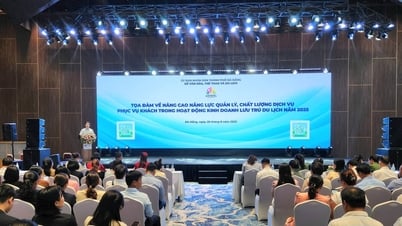
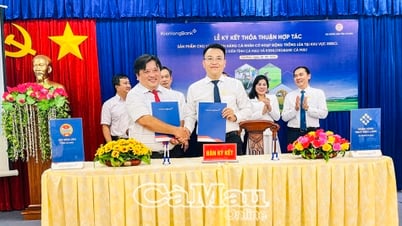


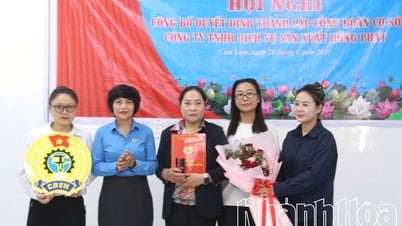
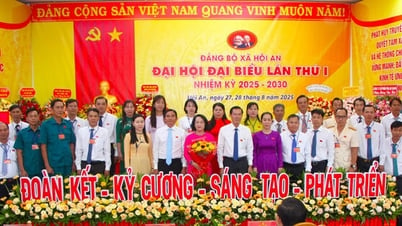








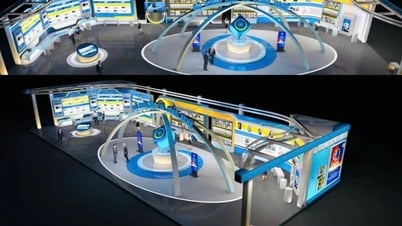




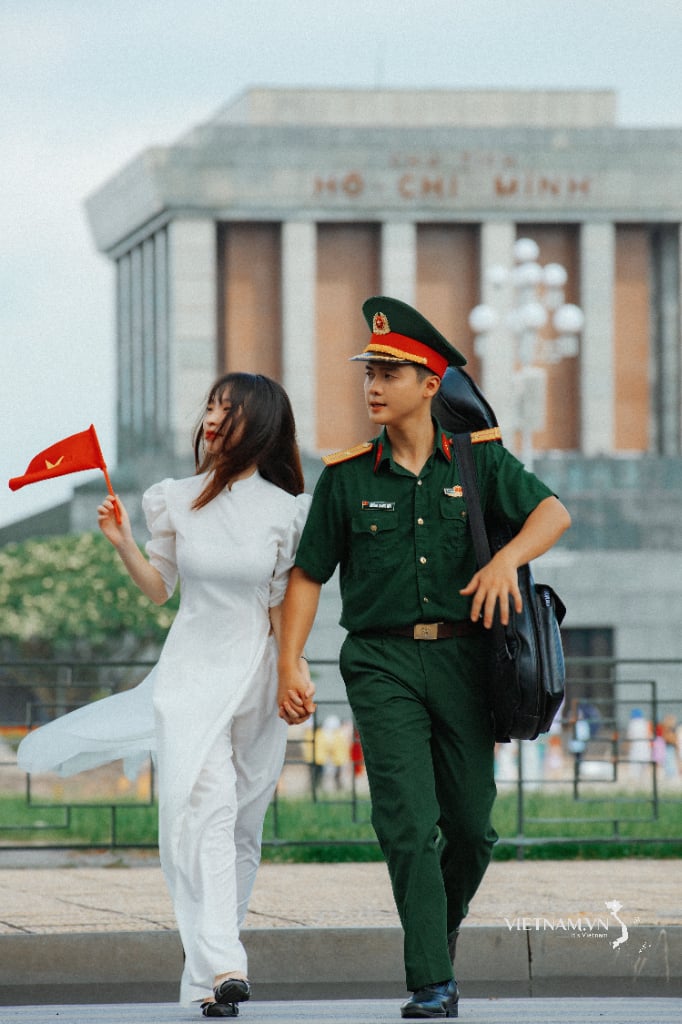
Comment (0)